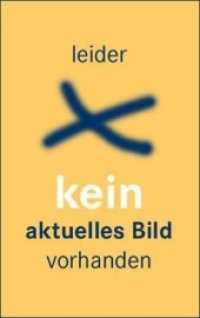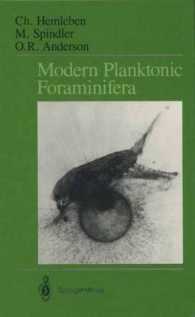Description
(Text)
North-South Free Trade Agreements are supposed to improve African countries' access to competitive inputs and consumer goods, to assist in creating an enabling trading environment and to help to improve the competitiveness of domestic companies by involving them in international networks. Negative effects such as revenue losses and trade diversion are meant to be offset by safeguard measures, technical assistance, and economic growth. The effects of a free trade agreement between the EU and the Southern African Customs Union (SACU) countries, especially relating to export performance, diversification efforts, industrialisation options and efforts for deeper regional integration, are the major questions the study addresses. In studying sector examples in the SACU countries for successful industrial policy, an investigation is undertaken of how a free trade agreement between the EU and the SACU countries affects domestic policies, economic performance and the position of sectors inthe global value chain. The conclusion drawn is that free trade agreements concluded between the EU and southern African countries failed to be development-oriented. Subsequently, policy recommendations are made as to how EU policies towards southern Africa can take industrial development, export diversification and a move towards deeper regional integration better into account.
(Table of content)
Contents: The Southern African Customs Union (SACU), (motivation for regional integration, distribution of gains and losses, external relations) - SACU - EU trade relations: from unilateral preferences to reciprocal trade - The contribution of free trade agreements to industrialisation, regional integration and economic development in the SACU countries - Cases of successful industrial policy and the contribution of EU free trade agreements: evidence from the South African automotive industry and the Namibian fishing industry - Trade capacity building in the SACU countries and its relevance for development oriented trade relations with the EU.
(Author portrait)
The Author: Mareike Meyn was born in 1973 in Lüneburg. She studied economics and socio-economics in Hamburg (1995-2000). From 2002 to 2005 she worked as a research fellow at the Institute for World Economics and International Management (IWIM) at the University of Bremen. She has written various publications, conducted research and spent significant periods of time in the SACU region since first visiting Namibia in 1998.








